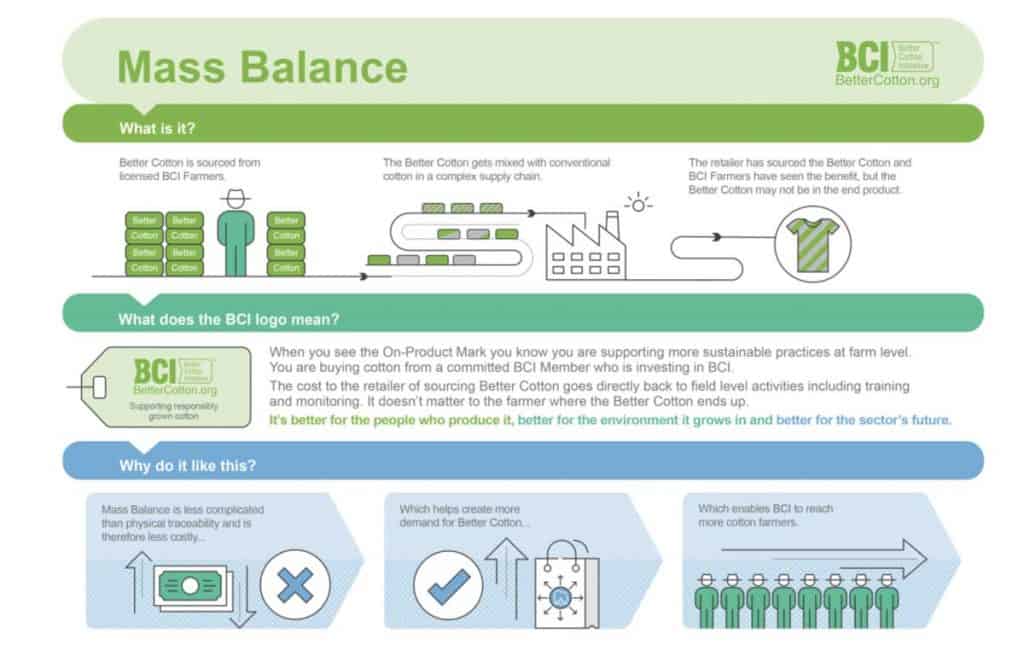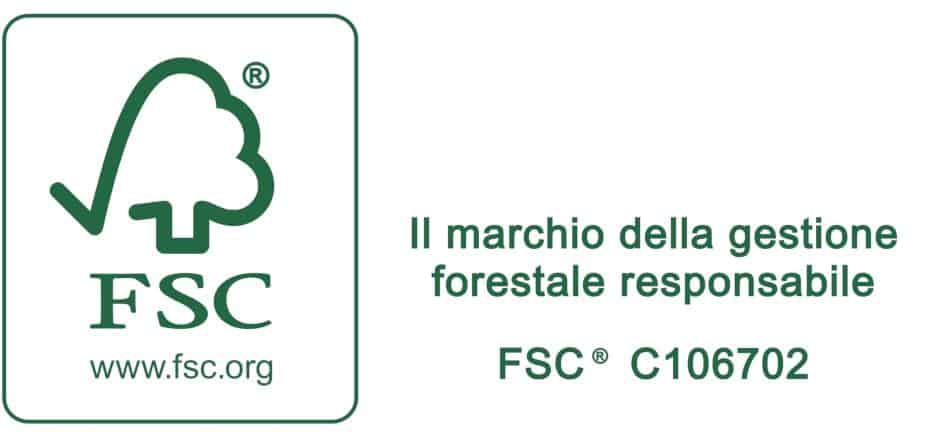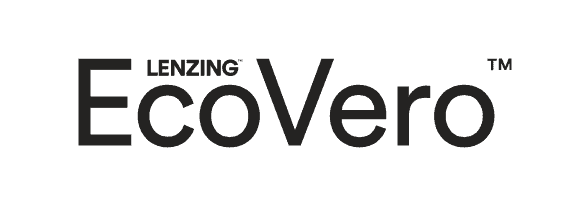Among the various certifications dedicated to organic cotton, in addition to those with which we broke up in the last article, there is also the BCI certificate. Better Cotton Initiative is a non-profit organization that guarantees the training of cotton farmers aimed at learning the agricultural techniques necessary to reduce water consumption and respect for the health of the soil and natural habitat, reducing the use of substances chemicals and pesticides, with particular attention to working conditions.
Growers who manage to maintain this work system are allowed to sell Better Cotton certified cotton.
As for the world of viscose, it is important to mention the FSC and Ecovero certificates.
Forest Stewardship Council FSC certification is designed to ensure that the product so labeled comes from a responsibly managed forest and supply chain.
To obtain this certification it is necessary to comply with ten rules concerning the main aspects of responsible forest management.
Scrolling through these ten rules, it is evident that particular attention is paid to the social and economic well-being of local communities and to the protection of the legal and customary rights of indigenous peoples relating to the ownership, use and management of the land, territories and resources affected by the activities of management.
Fsc is a certificate valid worldwide, specific for the forestry sector and wood products. There are three subjects that can be FSC certified:
- The organization or company that wants to obtain certification
- The certification body that verifies good forest management and product traceability
- The accreditation body that supervises the certification body
Many wooden products can be FSC certified, not only in the textile field but also in that of printing paper. Products such as diaries or notebooks with the FSC logo are increasingly present on the market.
Another certification dedicated to viscose is Ecovero issued by the Lenzing brand.
Lenzing Ecovero certified viscose is produced using FSC and PEFC certified sustainable wood pulp, coming from certified closed loop production plants, with transparency in the supply chain.
During the production phase, a structured tracking system allows the identification of LENZING ™ ECOVERO ™ brand fibers in the final product, even after numerous textile processing and conversion stages, along the entire production chain and up to sale, ensuring the garment that reaches the final consumer contains original Ecovero viscose fibers.
The textile industry, of which knitwear is an important component, increasingly uses forest-based fibres such as viscose and variants, such as modal and lyocell. These artificial fibers have a much lower environmental impact than synthetic fabrics and also compared to some natural fabrics such as traditional cotton, or wool. In the next article we will investigate further into this type of fibers and the orthogonal weaving or knitting yarns that derive from it.






